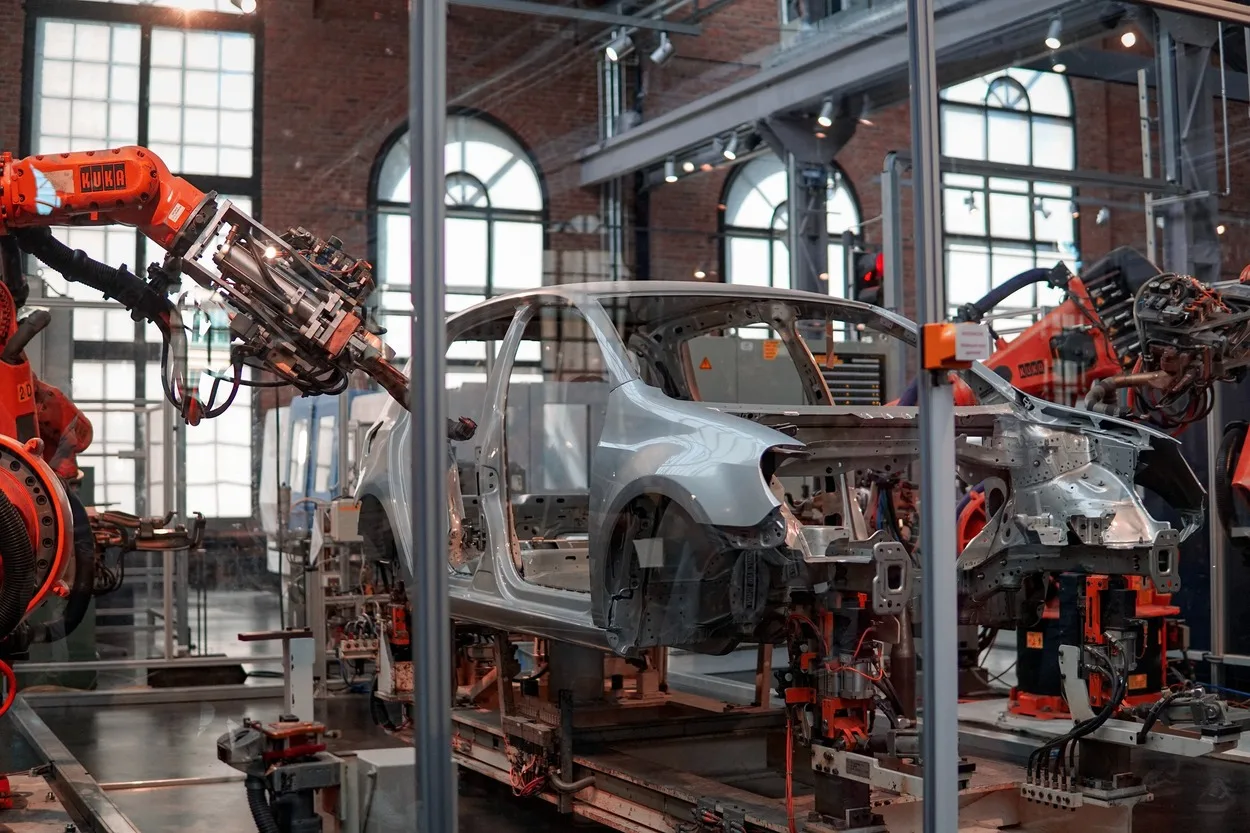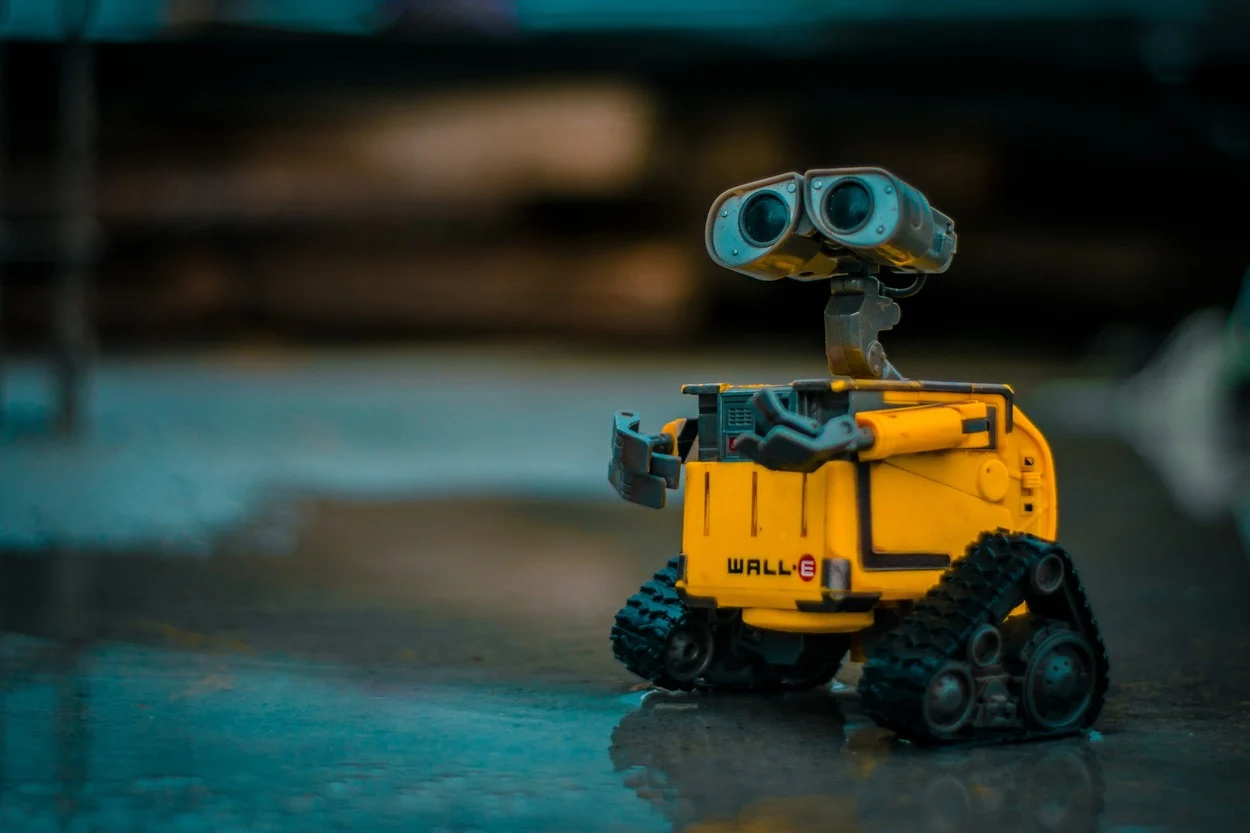Robotic scientists focus on exploring the potential of robotics technology, synthesizing new ideas and theories, researching existing robotic systems, and developing new robotic technologies.
They continuously work to stay up-to-date with the rapidly changing field of robotics and use their knowledge to build better machines for various applications.
Robotics engineers take the theories developed by robotic scientists and put them into practical use. They take on the challenge of engineering automated systems that can replace or supplement human labor.
This includes designing, testing, and troubleshooting components used in robotics applications and ensuring these components can work together seamlessly.
This blog post aims to examine both career fields in depth, highlighting their pros and cons. So, let’s get into the details.
Robotics Engineer
Robotics engineers design and program robots for specific tasks, such as building cars or manufacturing parts.
This job requires much technical knowledge in mechanical engineering, computer science, and electronics.
They are able to create the robot’s physical structure, including its components, and program it to follow a specific set of commands. Robotics engineers also need strong problem-solving skills and analytical thinking.

Pros of Robotics Engineering
- Robotics engineers develop robots used in many fields, from manufacturing to medicine. They can therefore work on cutting-edge projects with high demand for their skills.
- Robotics engineering provides a chance to build new products, problem solve and create innovative solutions that have the potential to improve people’s lives.
- Robotics engineers are in high demand and can find employment in many different industries, both domestically and internationally, due to their skill set’s versatility.
- Robotics engineering offers many career opportunities – from designing systems for factories and hospitals to developing consumer robotics products.
Cons of Robotics Engineering
- Robotics engineering is highly competitive and challenging without the right qualifications or experience.
- Robotics engineers often work long hours to complete projects on time, which can lead to stress and exhaustion if not appropriately managed.
- Robotics engineering requires a high level of technical knowledge and expertise; it can take many years to become proficient in the field.
- Robotics engineers must be able to work independently and collaboratively with other professionals, which can be challenging for those not used to working in teams.
Robotics Scientist

Robotics scientists are focused on the research and development of new robotic technologies. They use their knowledge to create robot designs that can be used for various tasks, such as medical treatments or manufacturing processes.
Robotics scientists must have a deep understanding of artificial intelligence, robotics algorithms, and computer programming.
Pros
- Opportunity to create innovative robotics technologies
- Chance to work with cutting-edge technology
Cons
- It can be challenging to find funding for research and development
- A high level of technical knowledge required
Robotics Engineer vs. Robotics Scientist
| Robotics Engineer | Robotics Scientist |
| Design and build robots for a variety of purposes | Research the principles underlying robotics and develop new technologies to enable their creation |
| Develop software programs for robots and robotic systems | Design, model, simulate, analyze, and experiment with robot components and complete robot systems |
| Create algorithms to control robot behavior and movements | Study the science of robotics, including artificial intelligence, perception, and control; install, troubleshoot, and maintain robotic systems |
Is Robotics Computer Science or Engineering?
Robotics is the perfect blend of both computer science and engineering. It involves using techniques from several disciplines, such as mechanical engineering, artificial intelligence, control theory, signal processing, and software engineering, to create robots that can efficiently complete tasks.
Success in robotics requires a combination of technical knowledge and problem-solving skills, which are the hallmarks of both computer science and engineering.
Robotics also relies heavily on computers to control robots, which necessitates a knowledge of computer programming languages and hardware design. As such, it requires an understanding that only comes from combining computer science and engineering fundamentals.
Therefore, the answer to whether robotics, computer science, or engineering is yes – it’s both.
Check out my other article on the difference between a lawyer and a consultant next.
Other Common Career Paths to Robotics
Robotics is a vast field and an umbrella term for many sub-fields that emerge from it. A person pursuing a career in robotics may choose any of the following as specialization:
- Robotics Engineering
- Robotic Process Automation (RPA)
- Artificial Intelligence (AI) Engineer
- Machine Learning Engineer
- Computer Vision Engineer
- Automation Engineer
- Robotics Software Developer
- Control Systems Engineer
- Robotics Technician
- Embedded System Designer/Developer
- Autonomous Vehicle Developer
- Drone Pilot/Engineer
- Robotics Product Manager
- Robotics Project Manager
- Robotics Researcher
- Robotics System Integrator
What Is The Best Way to Start Learning Robotics?
The best way to start learning robotics is by first understanding the basics of programming, electrical engineering, and mechanical engineering.
After that, many online courses, tutorials, and books are available to help you learn robotics in-depth.
It’s essential to keep up with the latest trends in robotics technology to stay ahead of the competition. It’s also crucial to keep up-to-date on the legal and ethical implications of robotics and AI so that you can create responsible products.
Once you have a strong foundation in robotics knowledge, getting hands-on experience is essential. This could be through project work, internships, or even starting your own robot company.
Robotics is an ever-growing and exciting field with lots of potential for the future. Whether you want to be a robotic scientist or engineer, endless possibilities exist.
Here’s the video showing how’s the day of a Robotics Engineer.
Conclusion
- Robotics is a growing and exciting field that offers many opportunities for robotic scientists and engineers.
- It is essential to have a good foundation in programming, electrical engineering, and mechanical engineering and stay up-to-date on the legal implications of robotics and AI.
- Together, robotic scientists and engineers make up the field of robotics.
- While robotic scientists constantly push for innovations in this ever-evolving field, engineers make sure their ideas become tangible working solutions.
- Both have different roles to play in advancing the world of robotics, but both are essential for creating groundbreaking solutions that will shape our future.

